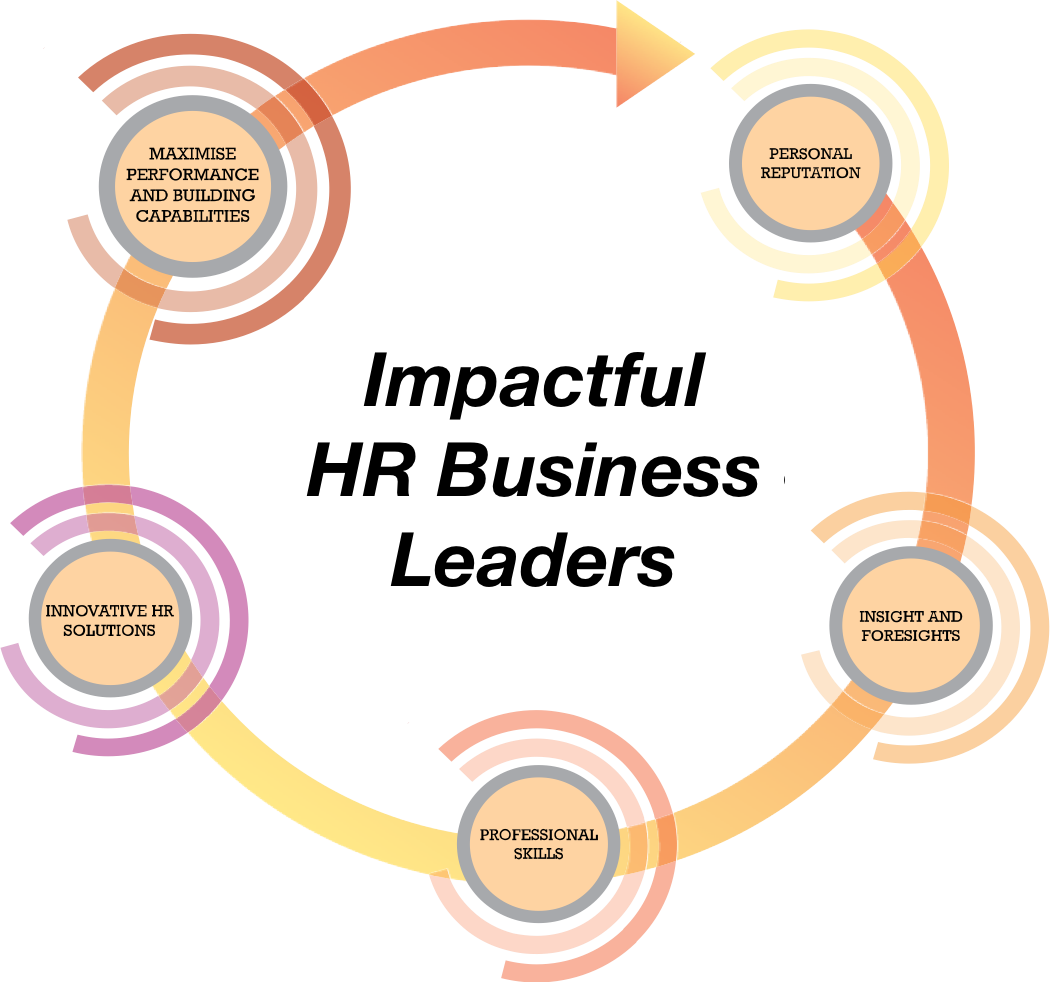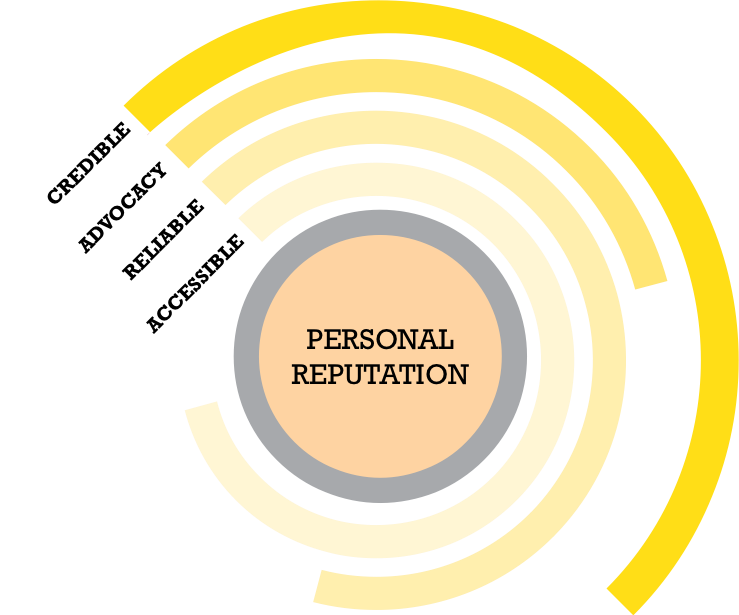In order to become an Incredibly Successful HR Leader you have to support line managers to maximize the performance of individuals, teams and the organization and build capabilities for the organization to succeed in the future.
To deliver on this promise HR leaders design and sustainably implement innovative HR solutions. Solutions that are based on their solid professional, interpersonal and influencing skills. Along with this, their deep understanding of the business, its people, and the trends that impact them.
However, you can have the best skills and the most insightful suggestions but if your business partners don’t trust you, you won’t be able to achieve anything. It doesn’t matter how many degrees, certifications, or abbreviations you’ve got after your name. They’re all worthless if they’re not backed up by a credible personal reputation. You can’t have an impact or influence on colleagues if people don’t recognize you for what you know. The same is the case if they don’t trust you to do what you say.
Charles Green, author of the Trusted Advisor states:
“Trust relationships are vital to the way we do business today. In fact, the level of trust in business relationships, whether internal with employees or colleagues or external with clients and partners, is the greatest determinant of success.”
Green then goes on to explain how you can build trust through the Trust Equation:
Credibility + Reliability + Intimacy / Self-Orientation
Where,
- Credibility is the words we speak,
- Reliability is our actions
- Intimacy refers to the safety or security that we feel when entrusting someone with something, and
- Self-Orientation refers to whether the person’s focus is primarily on themselves, or on the other person
The starting point for any leader to be able to add value is for them to have a strong personal reputation.
A personal reputation is where business partners tell others that you are:
- Credible: know your stuff
- Reliable: do what you say
- Accessible: are approachable
- An Advocate: are interested and cares
If I look back at my success as an HR business leader and subsequently as a facilitator and consultant to clients the only thing that I have is my personal reputation. Clients come and stay because of my reputation and my ability to translate insights and skills into solutions that really impact and support their objectives. The problem with personal reputation is of course that it’s difficult to earn and easy to lose. As the Chinese proverb goes:
“Trust comes by foot and goes by horse”
Every little thing that you do, adds or deducts from your reputation’s account. And if you think that missteps won’t affect your reputation, think again. In the age of utmost transparency you better assume that whatever you do or did will be tweeted, blogged or facebook-ed.
Like what you read? Subscribe to the Keijzer Community and get updates to your inbox. You’ll also get a free download which will help you take your leadership teams through a growth model which will help them mature on a personal and professional level.





